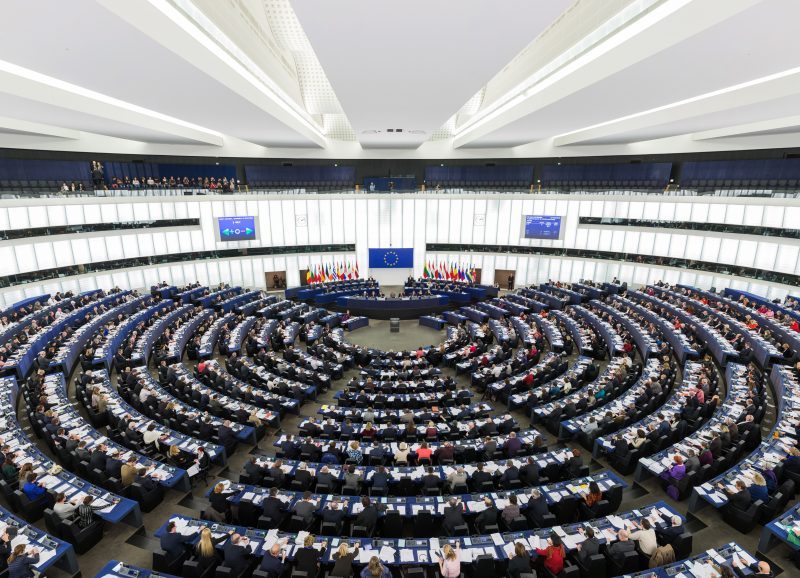
Four Wikipedias to ‘black out’ over EU Copyright Directive
Update, 25 March: The Italian, Galician, Asturian, and Catalan Wikipedias have blacked themselves out today to protest the EU Copyright Directive. Other language versions of Wikipedia have chosen to show site banners above their content. Wikipedia’s volunteer editing communities make decisions like this independently. More on that, and our unaltered original post, is below. •….
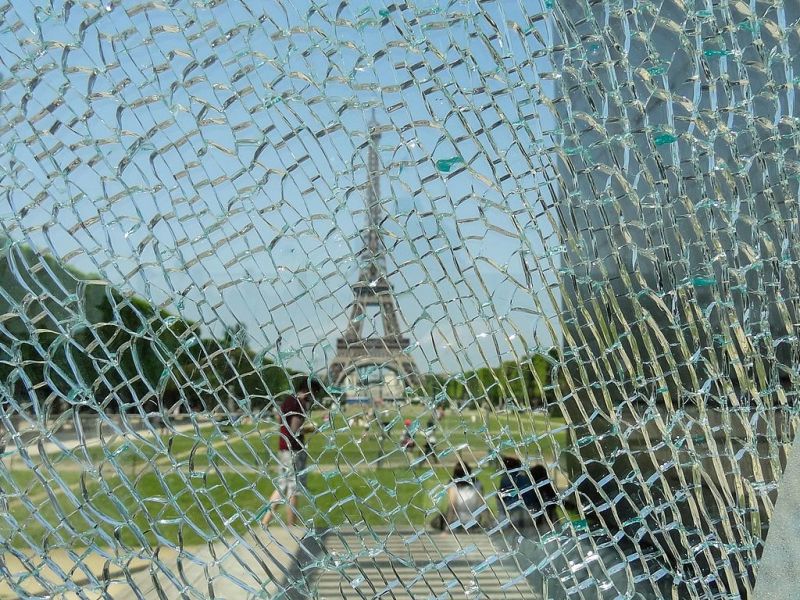
We do not support the EU Copyright Directive in its current form. Here’s why you shouldn’t either.
After a long legislative process, the final text of the EU Copyright Directive was cemented last week as trilogue negotiations between the EU Commision, Parliament, and Council came to a close. Now that the final text has been made available, with only a yes-no vote in Parliament standing in the way of its implementation, Wikimedia….

The European Court of Human Rights affirmed that hyperlinking is protected free expression. Here’s why we’re applauding.
Two years ago, we wrote about Magyar Jeti Zrt v. Hungary, a case before the European Court of Human Rights (ECHR) which dealt with legal liability for hyperlinking—a practice on which the open internet relies and which many internet users engage in a on a daily basis. Last week, the ECHR affirmed an important principle:….

We’re endorsing a proposed copyright treaty that adds educational and research exceptions. Here’s why.
This may come as a surprise, but copyrighted works often cannot be used in educational and research materials. For example: students in France, Italy, Luxembourg and Romania cannot legally quote an entire artwork in a digital presentation. In Denmark, Finland, Italy, the Netherlands and the United Kingdom a teacher may not send an email to….
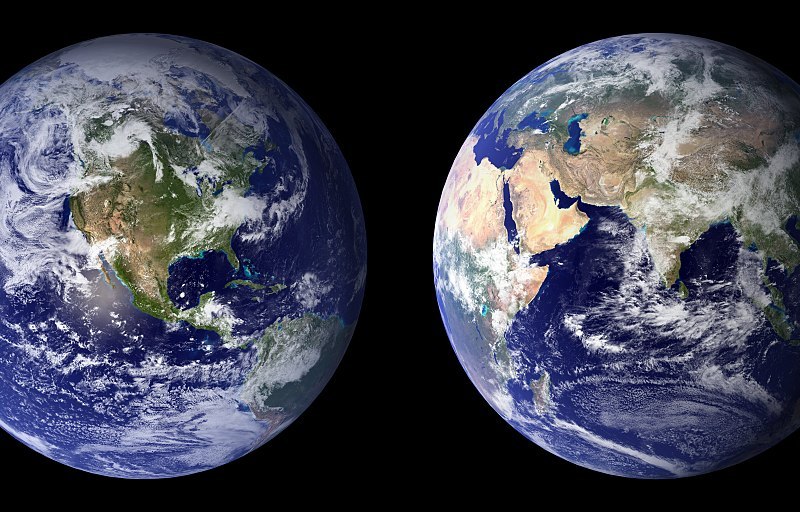
Wikimedia Foundation joins the Global Network Initiative
The Wikimedia Foundation is honored to join the Global Network Initiative (GNI) as an observer, an opportunity we hope will advance our efforts to champion freedom of expression and privacy for the Wikimedia community and beyond. GNI is a channel for collective action, advocating to governments and international institutions for policies and laws which promote….
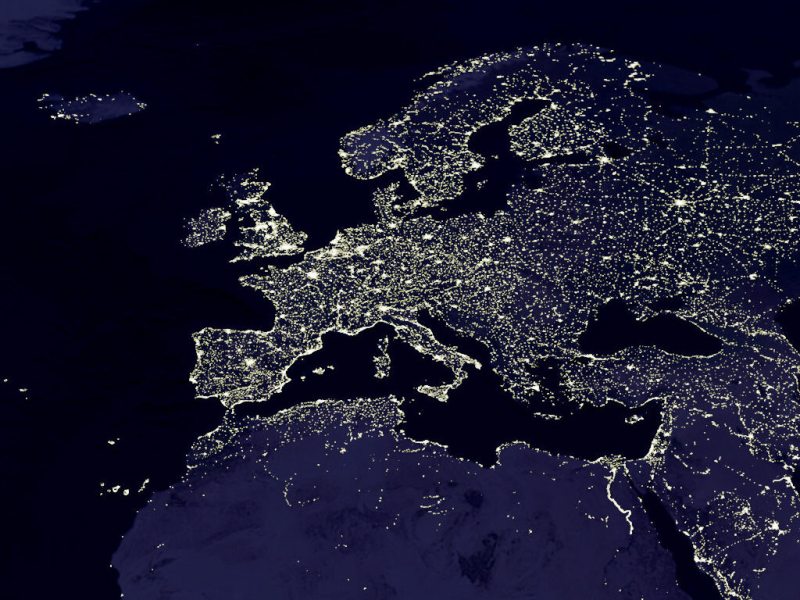
EU copyright vote leaves the future of online participation uncertain
The European Parliament’s September 12 vote on the proposed Copyright Directive was a missed opportunity to improve copyright, after many years of discussion: Two years ago, the European Commission set out to modernize copyright laws across the EU with a flawed proposal with potential to improve. This proposal was referred to several committees in the….

Your internet is under threat. Here’s why you should care about European Copyright Reform.
You can also read this post in Spanish and in French. Back in 2001, the European Parliament came together to pass regulations and set up copyright laws for the internet, a technology that was just finding its footing after the dot com boom and bust. Wikipedia had just been born, and there were 29 million websites. No one….

Wikimedia to Senate: Don’t weaken the public domain
In an attempt to harmonize copyrights for the use of sound recordings created before 1972, the U.S. Senate is currently poised to pass a bill which could endanger the preservation and sharing of historical sound recordings online. The Music Modernization Act (MMA), which was passed in the House of Representatives in April and recently received….
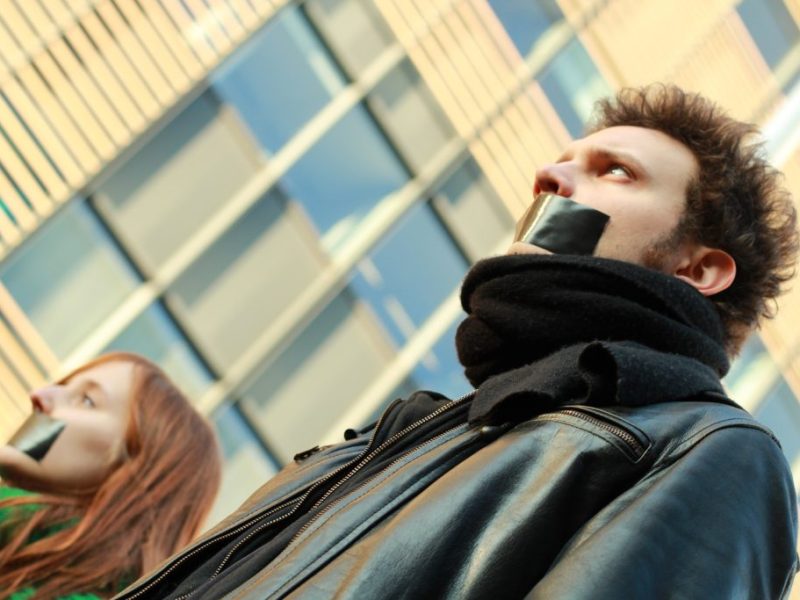
How the EU copyright proposal will hurt the web and Wikipedia
A proposed new copyright package in the European Union is a threat to our fundamental right to freely share information. The time to speak out is now.